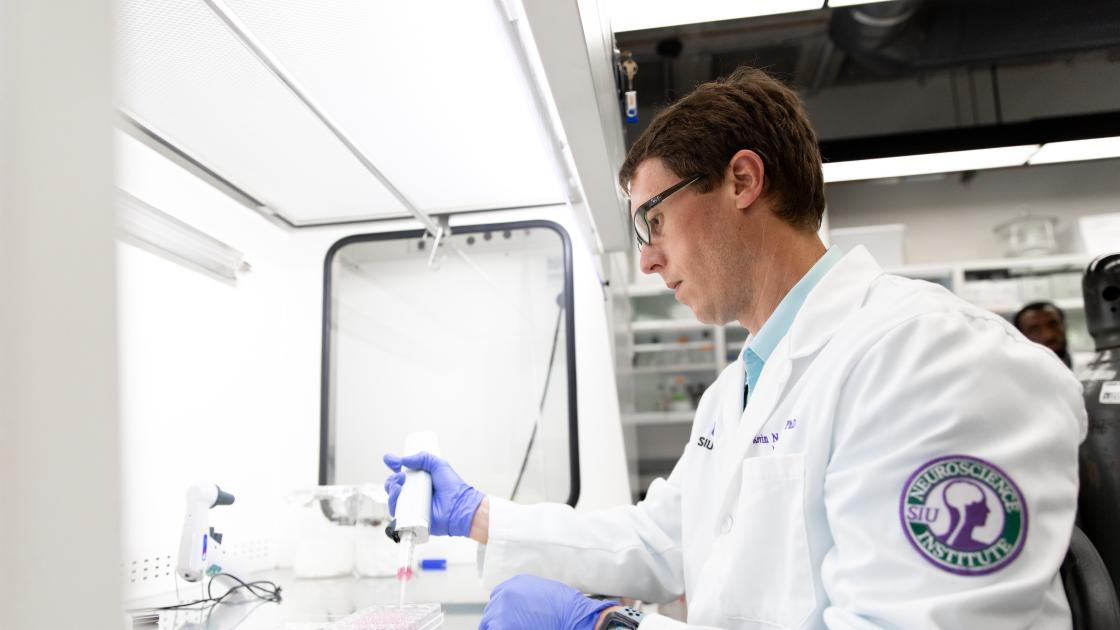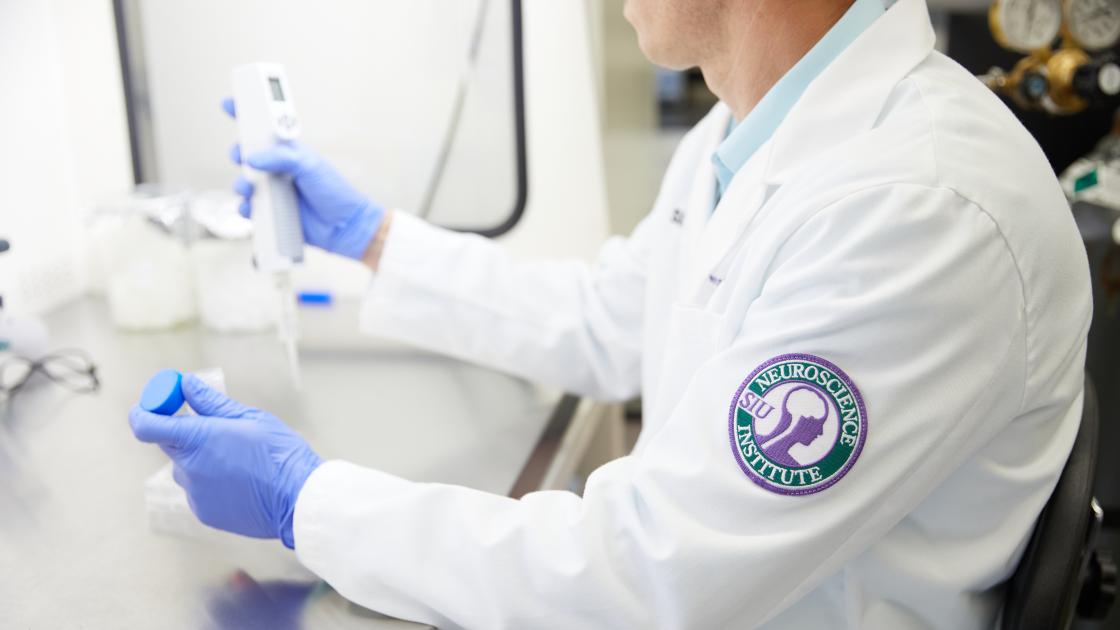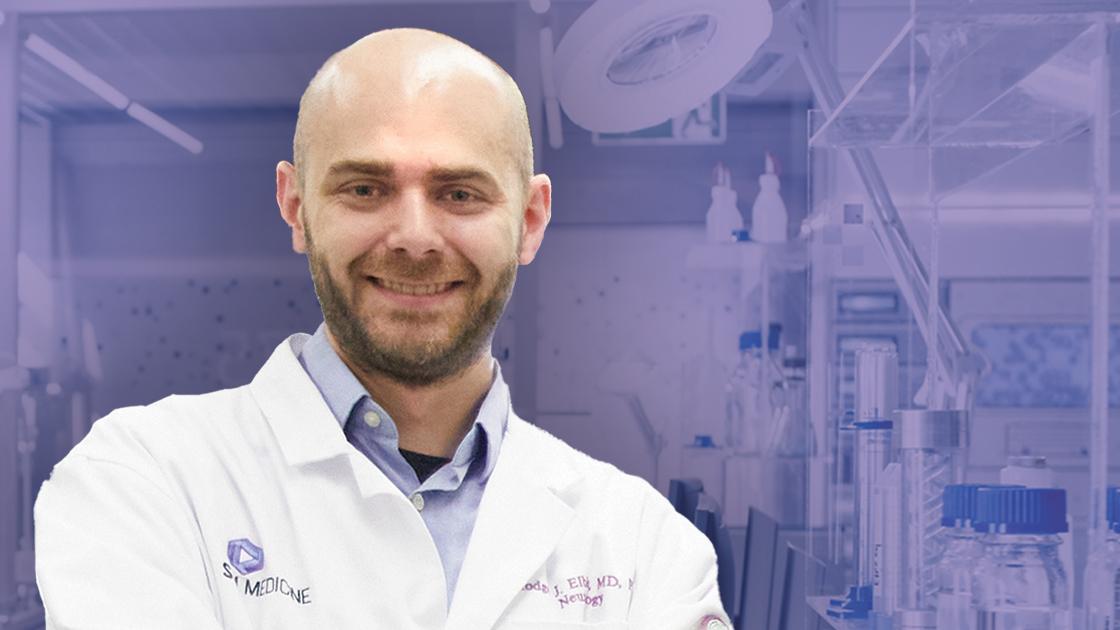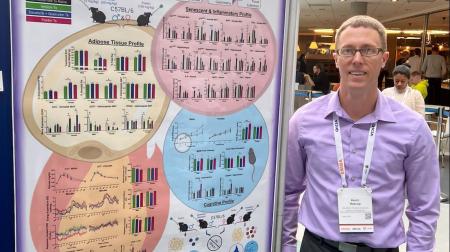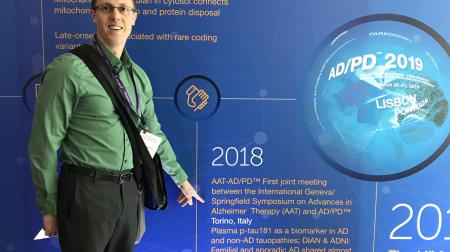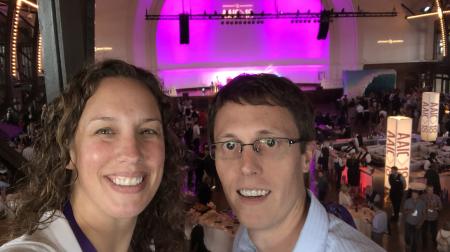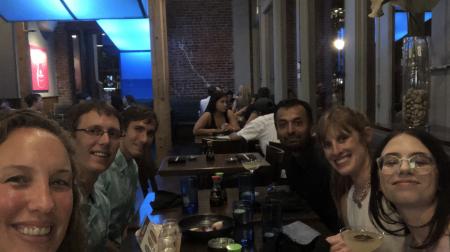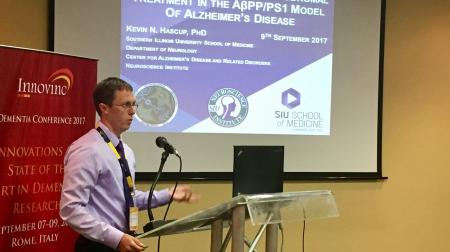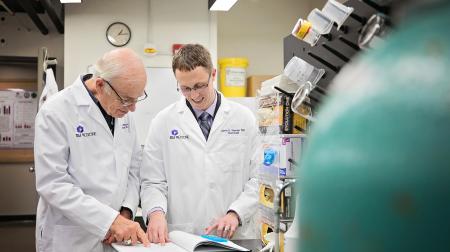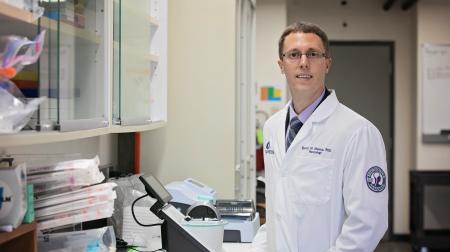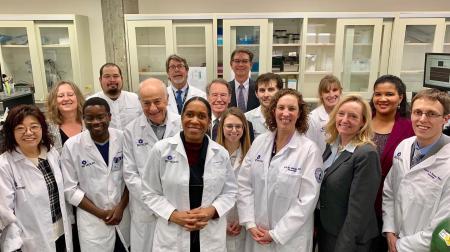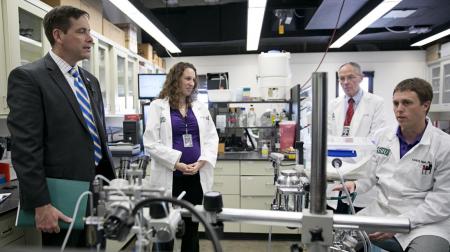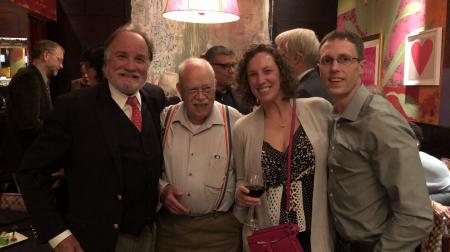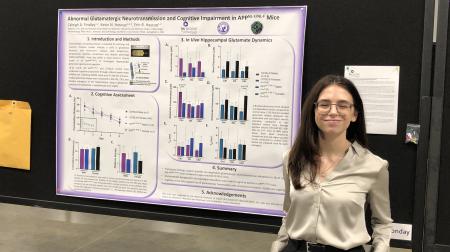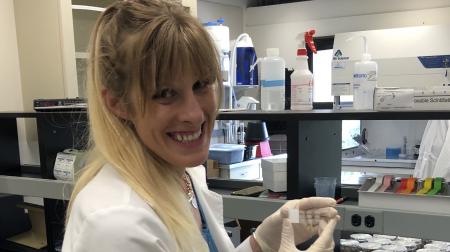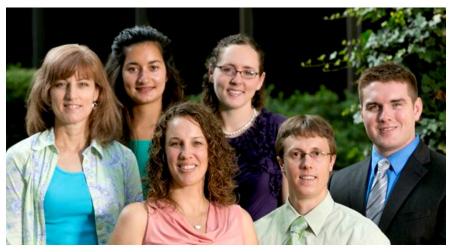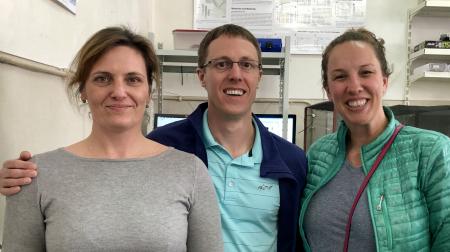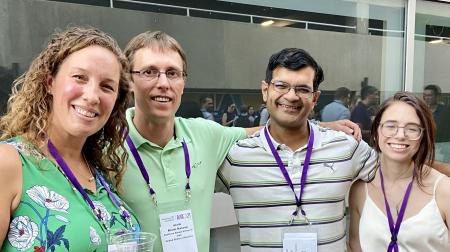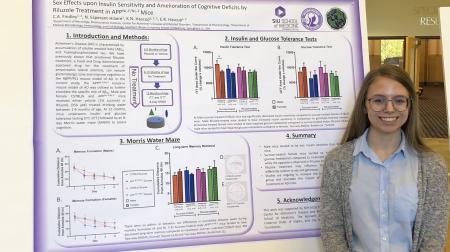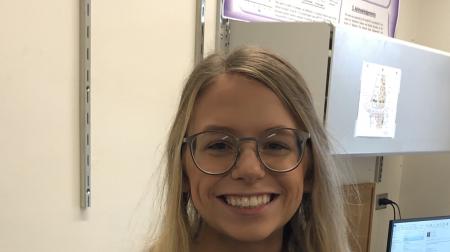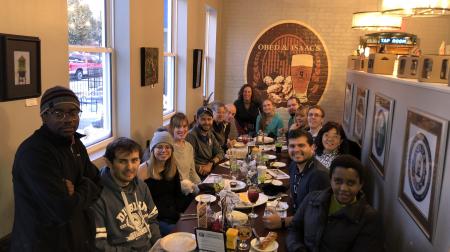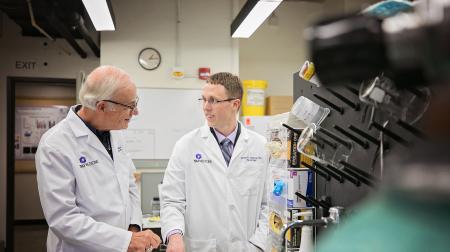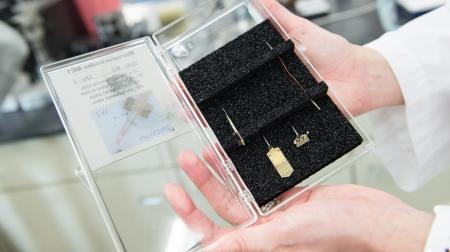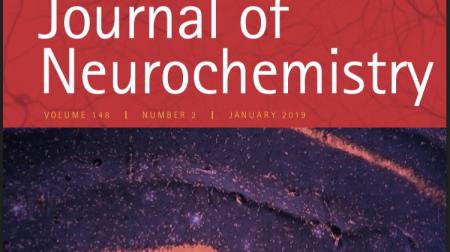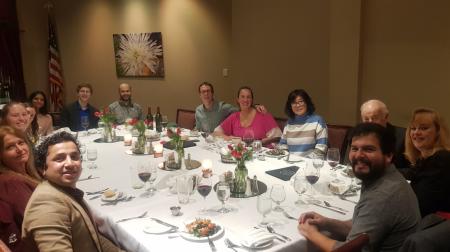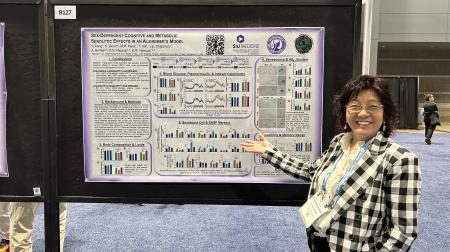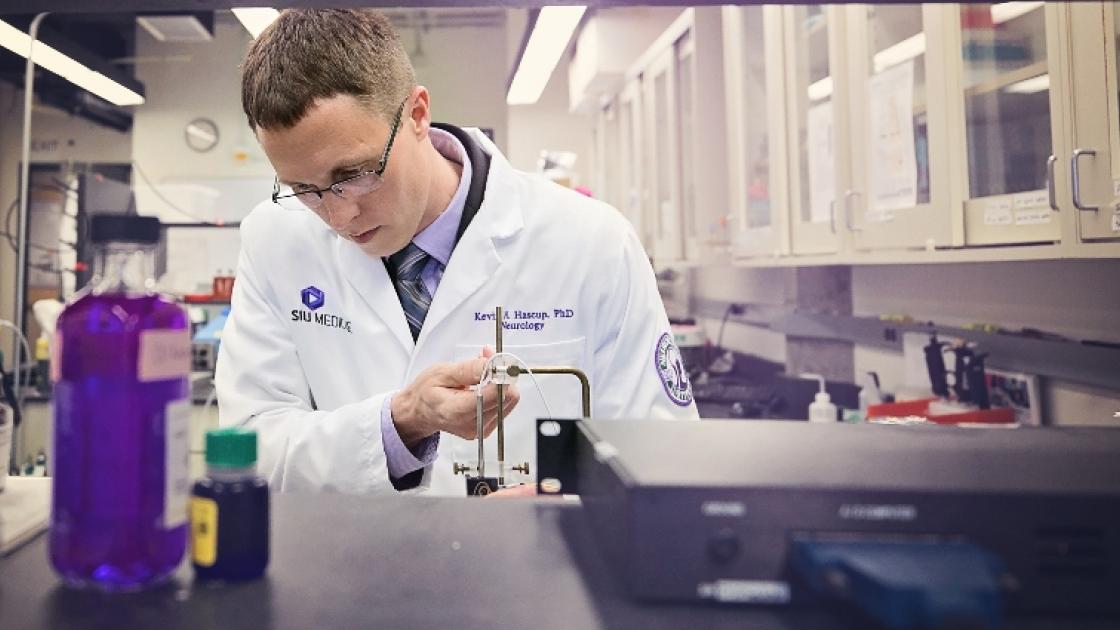
Kevin Hascup Lab
This neurobiology of aging and Alzheimer’s disease lab is focused on understanding the biological mechanisms associated with successful aging to provide preventive strategies or therapeutic interventions to ameliorate cognitive decline.
Overview
Our laboratory takes a geroscience approach to understanding biological processes that contribute to the pathogenesis of Alzheimer’s disease. The long-term goals of our laboratory are to:
- identify nonpharmacological interventions that target insulin and glutamate signaling pathways that prevent or alleviate cognitive decline and
- elucidate their mechanisms of action in order to identify pharmacological targets for treating Alzheimer’s disease and related dementias.
To address these goals, our laboratory has several ongoing research interests examining the contribution of body temperature, glutamatergic neurotransmission, and glucose homeostasis on cognitive decline in mouse models of Alzheimer’s disease as well as extended longevity. These parameters are assessed by using innovative whole animal and molecular biological techniques to measure in vivo neurotransmitter dynamics, cognitive performance, and metabolism.
Current projects
• Neurotransmitter dysregulation in AD (NIH R01 AG057767)
• Cell senescence in aging and AD (NIH R01 AG061937)
• COVID-19 Infection on AD (NIH R01 AG061937-S3)
• Core body temperature on AD pathogenesis
• Model organism development for AD, aging, and COVID-19
• Cell senescence in epilepsy

Kevin Hascup, PhD Primary Investigator
Grant funding
Publications
Past Lab Team Members
- Lindsay Alewelt
- Matthew Cleveland, MD
- MaKayla Cox
- Nahayo Esperant-Hilaire, MD
- Tracy Evans, PhD
- Caleigh Findley, PhD
- Patrick Fitzgerald, MD
- Thomas Johnston
- Nadeem Khan, MD
- Abigail Levy, MD
- Erik Lokaitis
- Neha Mokhasi
- Oladele Owasoyo, PhD
- Sujata Pandey
- Collin Pauly
- Teonna Piphus
- Hannah Roberts
- Lindsey Sime
- Ernesto Solis, Jr., PhD
- Aaron Sul, MD
- Farah Tamizuddin, MD
- Darrow Traylor
- Niyant Vora
- Bradley Vost, MD




